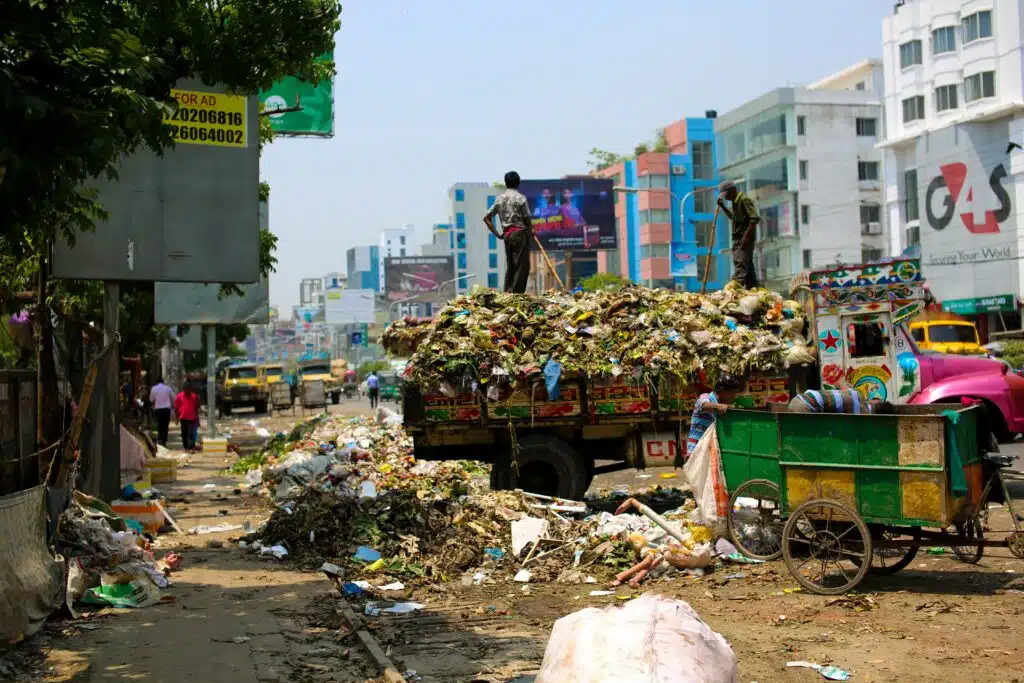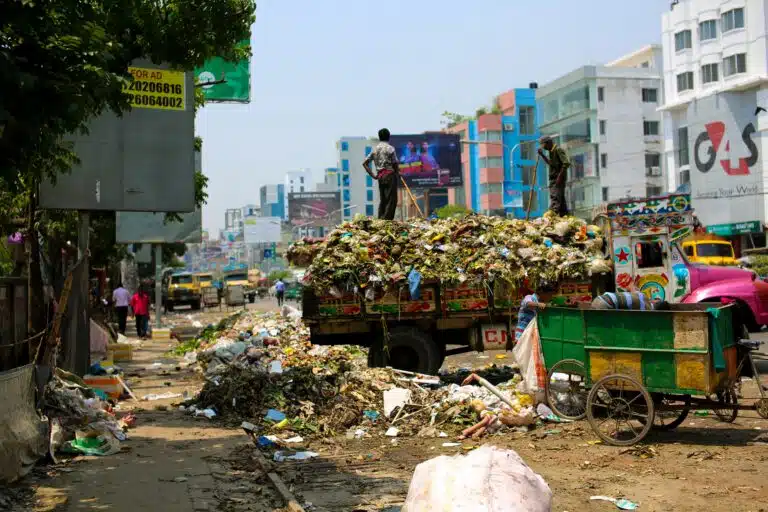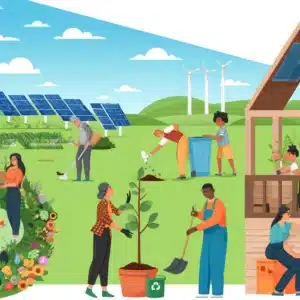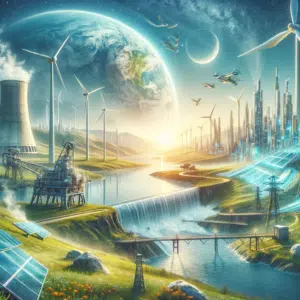Waste management is a crucial aspect of keeping the environment clean and healthy. It involves the collection, transportation, and disposal of waste in a way that minimizes its impact on the environment. Poor waste management can lead to various environmental problems, such as pollution, soil contamination, and even health hazards. Therefore, it is essential to adopt effective practices to protect our environment.
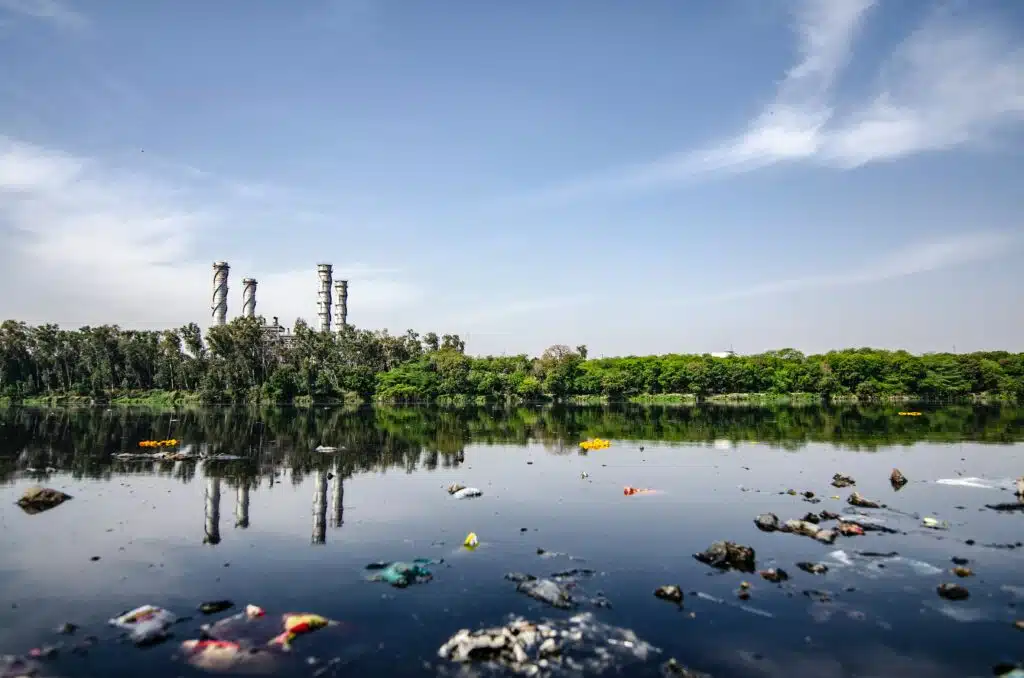
Here are some tips for effective waste management:
Reduce, Reuse, Recycle
The first step towards effective waste management is to reduce the amount of waste generated. One way to do this is by reusing and recycling materials. For instance, you can use cloth bags instead of plastic bags, refill water bottles instead of buying new ones, and recycle paper, plastic, and glass materials.
Proper Waste Segregation
Waste segregation is the process of separating different types of waste into specific categories, such as organic waste, recyclables, and hazardous waste. Proper waste segregation helps to streamline waste collection and disposal and prevent environmental pollution. Make sure to use different bins for different types of waste and follow the guidelines provided by your local authorities.
Composting
Composting is the process of breaking down organic waste into nutrient-rich soil. It is an excellent way to reduce the amount of waste that goes into landfills while creating a valuable resource for gardening and farming. You can compost food waste, yard waste, and other organic materials using a compost bin or pile.
Hazardous Waste Disposal
Hazardous waste includes materials that are potentially harmful to human health and the environment, such as batteries, chemicals, and electronic waste. Proper disposal of hazardous waste is essential to prevent environmental contamination and health hazards. Always follow the guidelines provided by your local waste management authorities for hazardous waste disposal.
Responsible Disposal of Large Items
Large items such as furniture, appliances, and electronics can be challenging to dispose of responsibly. Instead of dumping them in the landfill, consider donating or selling them if they are still in good condition. Alternatively, you can contact your local waste management authorities for proper disposal methods.
In conclusion, waste management is a crucial aspect of keeping our environment clean and healthy. By adopting effective waste management practices such as reducing, reusing, and recycling, proper waste segregation, composting, responsible hazardous waste disposal, and responsible disposal of large items, we can all play a role in protecting our environment. Remember to follow the guidelines provided by your local waste management authorities for safe and responsible waste disposal.

